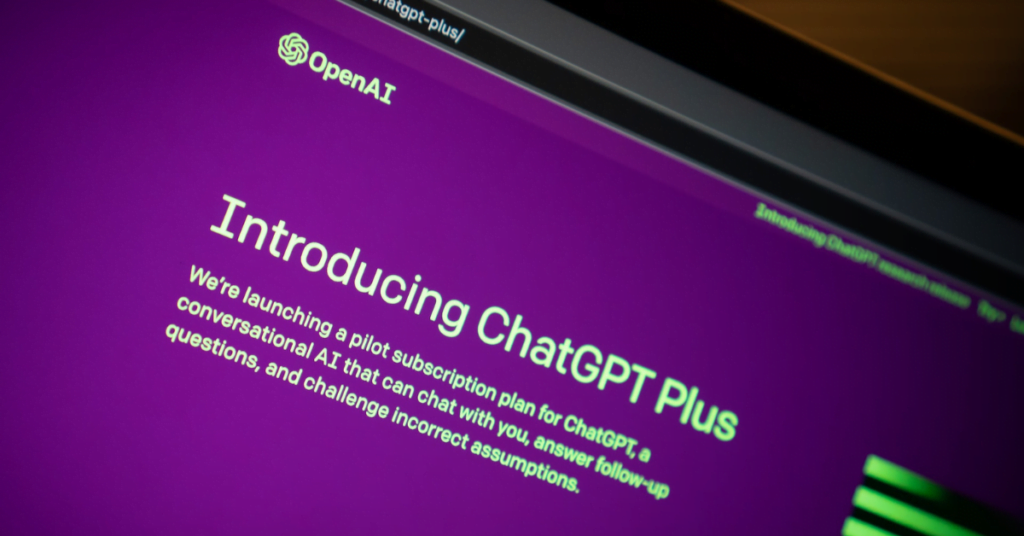As technology continues to evolve, it is reshaping almost all industries worldwide. One sector that has been hugely affected is security. The rise of AI has changed how people think about security, with many organizations now considering AI-powered security systems as the perfect substitute for human security guards. Because of this, many people continue to debate whether AI will replace traditional guards.
Security guards have served as the traditional frontline defenders for many years, patrolling businesses, public spaces, and neighbourhoods. However, with the evolution of AI, many people ask: Will AI finally replace security guards?
Although this might look like a sci-fi notion, integrating Artificial intelligence into security systems is a reality in many organizations. Here are some reasons why AI might replace security guards.
24 Hour Surveillance
We all know that security guards have their limitations. They must take breaks and rest, which usually leaves gaps in the surveillance system. This makes AI the perfect substitute for human security guards. Why is this so? AI-operated security systems are equipped with cameras and sensors that are very advanced and can provide round-the-clock vigilance.
For example, in places such as airports, these cameras can monitor passenger areas and identify any potential threat, such as unattended bags, even at night when security officers are tired, thus enhancing security measures. This makes AI a better solution to providing efficient security than human guards.
Enhanced Threat Detection
What makes AI unique is that they have sophisticated algorithms. With this, they can easily detect threats. AI threat detection systems can quickly identify abnormal behaviour patterns using real-time data analysis.
The best example is AI-powered security systems in supermarkets. They can identify shoplifting behaviour by monitoring and analyzing customers’ movement patterns, hence curbing theft incidences.
Banks also use software that enables them to monitor how customers transact and even flag irregularities like failed login attempts, which may be a sign of identity theft. This is unlike human guards, who mainly rely on their experience to detect threats. Besides, security guards are prone to distractions, which may lead to delayed threat detection.
Quick Response Time
When there is a security breach, AI systems can trigger quick responses like activating security protocols or alerting the authority concerned. Because of its ability to process data at a very high speed, AI can quickly analyze the nature of the threat and relay vital information, hence expediting the response time.
For instance, when there is a break-in, a smart home security system can quickly detect this threat and immediately notify the homeowners. This reduces the response time and increases the chances of catching the intruders. This is unlike human security guards, whose responses to security threats vary and mainly depend on the breach’s complexity.
Cost Effective
AI-powered security systems are cost-effective when compared to security guards. Although installing requires a lot of money, it is a significant long-term savings since they don’t demand wages or breaks.
When it comes to security guards, one has to incur many costs, such as training and salaries, and this is sometimes a financial burden for companies that seem to maintain a manageable security workforce. AI is a perfect remedy for companies that want to reduce their security budget.
Human Judgment and Adaptability
Although AI can easily recognize anomalies and patterns, it has its limits. There are instances where human security guards perform better. Here are two crucial aspects where security guards excel when compared to AI.
Security guards understand how individuals feel. They can recognize if one is upset or requires assistance. In situations where empathy and ethical decision-making are needed, security guards perform better than AI-powered systems. For instance, a customer may be looking for a product on the wrong shelf in the supermarket. Under such circumstances, security guards can read their behaviour and contact them for assistance.
This, however, can be interpreted as suspicious behaviour by the AI-powered systems since they are emotionless. Also, if a disagreement arises in the crowd, security guards can use their emotional intelligence to talk to the parties involved and make them feel better.
Responding to Unexpected Situations
Security guards can easily handle complex situations, especially in crowded areas such as stadiums, and understand how individuals feel. If a fight arises in a crowd, they can quickly identify, diffuse it, and ensure that people exit safely. This is unlike AI systems that are only good at identifying threats but cannot provide personalized help.
The rapidly changing landscape of security technology is reshaping the role of human security guards. Because of its rapid response to threats, high vigilance, and cost-effectiveness, AI has proven to be a formidable ally in enhancing security measures across different industries. However, it is not without its limitations. Unlike security guards, AI cannot respond to people’s feelings or diffuse hostile situations. Companies should adopt both human security guards and AI-powered systems to enhance security.
Related Articles:
How Generative AI is Reimagining Tradition Across Industries?






